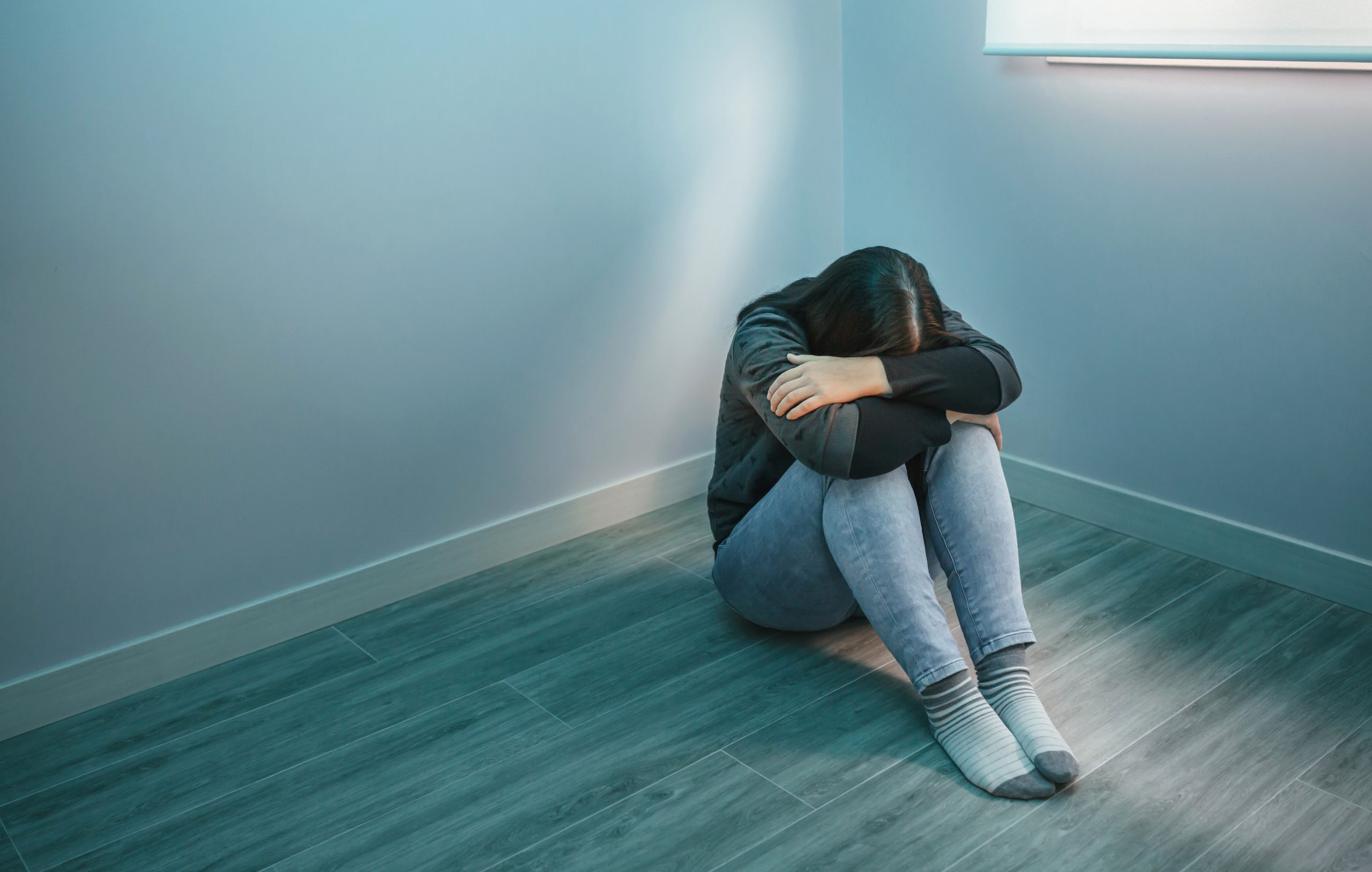Anxiety is one of the most common mental health challenges in the world, yet it’s still deeply misunderstood. For many people, it shows up in subtle ways—racing thoughts, avoidance, restlessness—and they don’t even realize it’s anxiety.
Therapists, who work with this every day, wish more people understood what anxiety truly is and how it works. Not because it’s easy to fix, but because understanding is the first step toward healing.
Anxiety Is More Than Just Worry
Most people think anxiety is just excessive worrying, but it’s more complex than that. It can feel like a physical ache in your chest, a stomach that won’t settle, or a constant sense that something terrible is about to happen.
Therapists often describe it as your brain hitting the gas pedal without your permission. You may not even have a specific fear—just a persistent unease that won’t go away. That’s why anxiety isn’t just emotional; it affects your whole system.
It’s Not Always Obvious
Anxiety doesn’t always show up as panic attacks or nervous pacing. Sometimes it looks like perfectionism, irritability, or overplanning everything to the smallest detail. People often function at a high level while still struggling deeply with anxious thoughts.
Therapists see plenty of clients who are “successful” on the outside but silently overwhelmed. Anxiety can wear many masks, which is why it’s often missed or misdiagnosed.
You’re Not Broken—Your Brain Is Trying to Protect You
One of the most powerful things therapists tell their clients is that anxiety is rooted in survival. It’s your brain’s way of trying to keep you safe, even if it’s working overtime.
Evolution wired us to anticipate danger, but in today’s world, that alarm system gets triggered too often. Understanding this can reduce the shame and frustration that often come with anxious feelings. You’re not weak—you’re just dealing with an overactive protection mechanism.
Avoidance Makes Anxiety Stronger
When we feel anxious, it’s natural to avoid the things that trigger that feeling. But therapists know that avoidance actually reinforces anxiety over time. Every time you avoid something, your brain learns that the situation is dangerous—even if it’s not.
The more you avoid, the more anxious you’ll feel the next time around. Facing fears gradually, with support, helps retrain the brain and reduce anxiety in the long run.
Anxiety Can Be Treated—You Don’t Have to Live Like This Forever
Many people assume that anxiety is just part of who they are and something they’ll always have to live with. But therapists know that anxiety is highly treatable through methods like cognitive-behavioral therapy (CBT), mindfulness, and medication when needed. You might not erase it entirely, but you can learn to manage it so it no longer controls your life.
Small steps, consistent practice, and professional guidance can bring real relief. There is hope, even if you haven’t found the right support yet.
It’s Not Just “In Your Head”
Anxiety has real physical effects that impact sleep, digestion, concentration, and even immune response. When therapists say anxiety is a full-body experience, they mean it. It’s not something you can simply “think your way out of” or ignore until it disappears.
Telling someone with anxiety to “just relax” or “stop overthinking” minimizes the very real symptoms they’re battling. Recognizing the physical side of anxiety is crucial for true compassion and care.
You’re Not Alone, Even If It Feels That Way
Anxiety has a way of making people feel isolated and disconnected, like no one else could possibly understand what they’re going through. But therapists see hundreds, even thousands, of people who are experiencing the same struggles.
Anxiety doesn’t discriminate—it affects people of every background, age, and personality type. Just knowing others are facing similar battles can be deeply comforting. Connection and community are often powerful antidotes to anxiety’s isolating grip.
Coping Skills Are Like Muscles—They Take Practice
Therapists often compare managing anxiety to building strength at the gym. You don’t just go once and expect to feel strong for life—it takes consistent effort and time.
Coping strategies like deep breathing, journaling, grounding techniques, and reframing thoughts get more effective the more you use them. You might not feel better right away, and that’s okay. Building those mental muscles happens gradually, but the results are real.
You Don’t Have to Hit Rock Bottom to Ask for Help
Many people wait until they’re completely overwhelmed before they reach out for therapy or support. But therapists wish more people understood that early intervention makes a big difference. You don’t have to be in crisis to benefit from talking to a professional.
Therapy can help you develop insight, strategies, and emotional resilience before anxiety takes over your life. Getting support early is a sign of strength, not weakness.
Healing Isn’t Linear—Progress Takes Patience
One of the hardest truths about anxiety recovery is that it doesn’t follow a straight path. You might feel great for a few weeks, then suddenly have a rough day and wonder if you’re back at square one. Therapists want clients to know this is completely normal. Healing comes in waves, and setbacks are part of the journey—not the end of it. Learning to accept the ups and downs with compassion is key to long-term growth.
Anxiety Isn’t Understood, But It Could Be
Anxiety is something so many of us live with, yet so few of us fully understand. Therapists are on the front lines, helping people untangle the knots of fear, pressure, and panic that anxiety can tie us into. The more we talk openly about it, the more we empower others to seek help and start healing.
Whether you’re dealing with anxiety yourself or supporting someone who is, this knowledge is a powerful first step.
If you’ve experienced anxiety in your own way, please make sure that you share your thoughts or questions in the comments below. Your voice might be exactly what someone else needs to hear today.
Read More
Is It Ambition or Anxiety? How to Tell the Difference Before You Burn Out
8 Mental Health Tips That Are Surprisingly Controversial



Leave a Reply